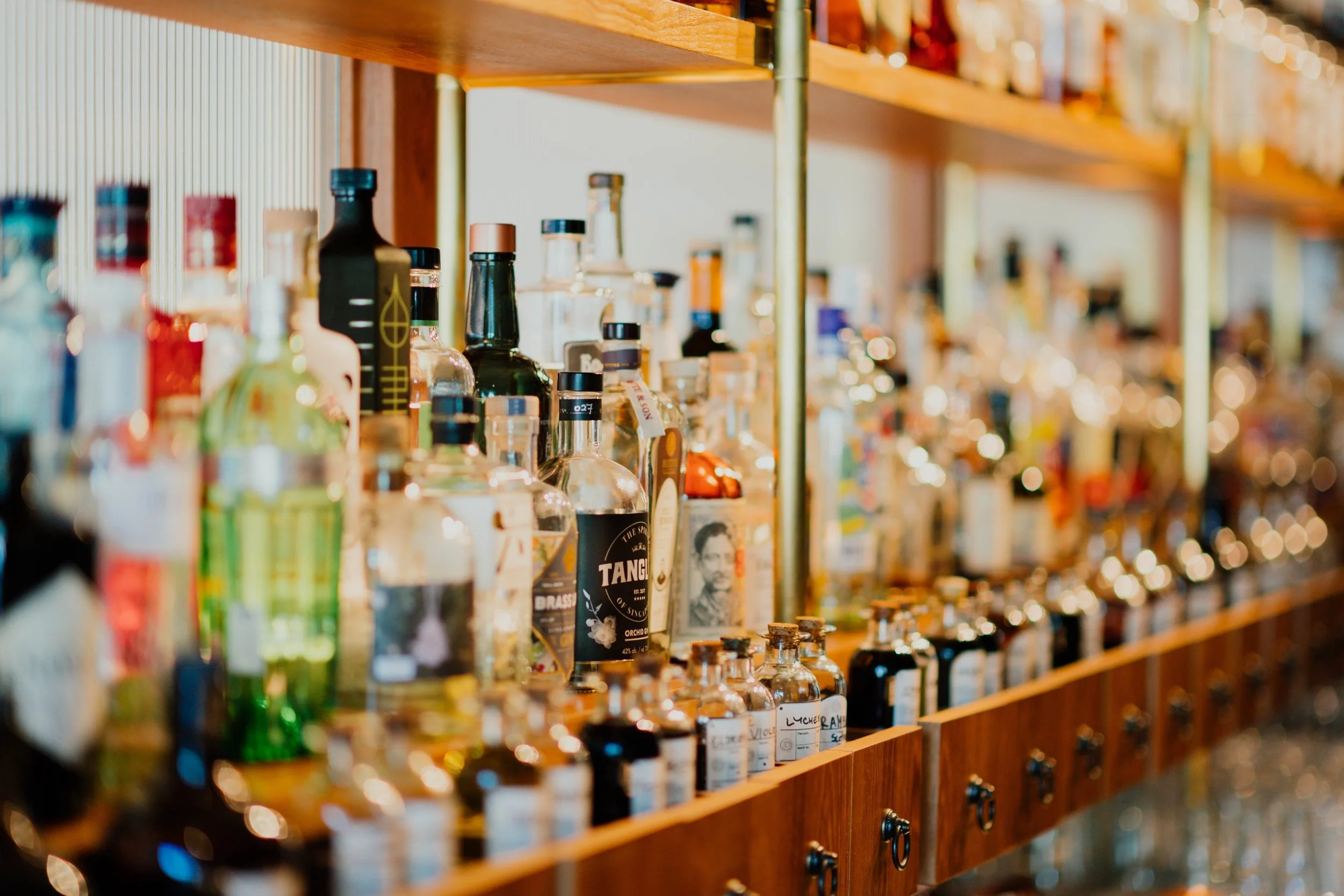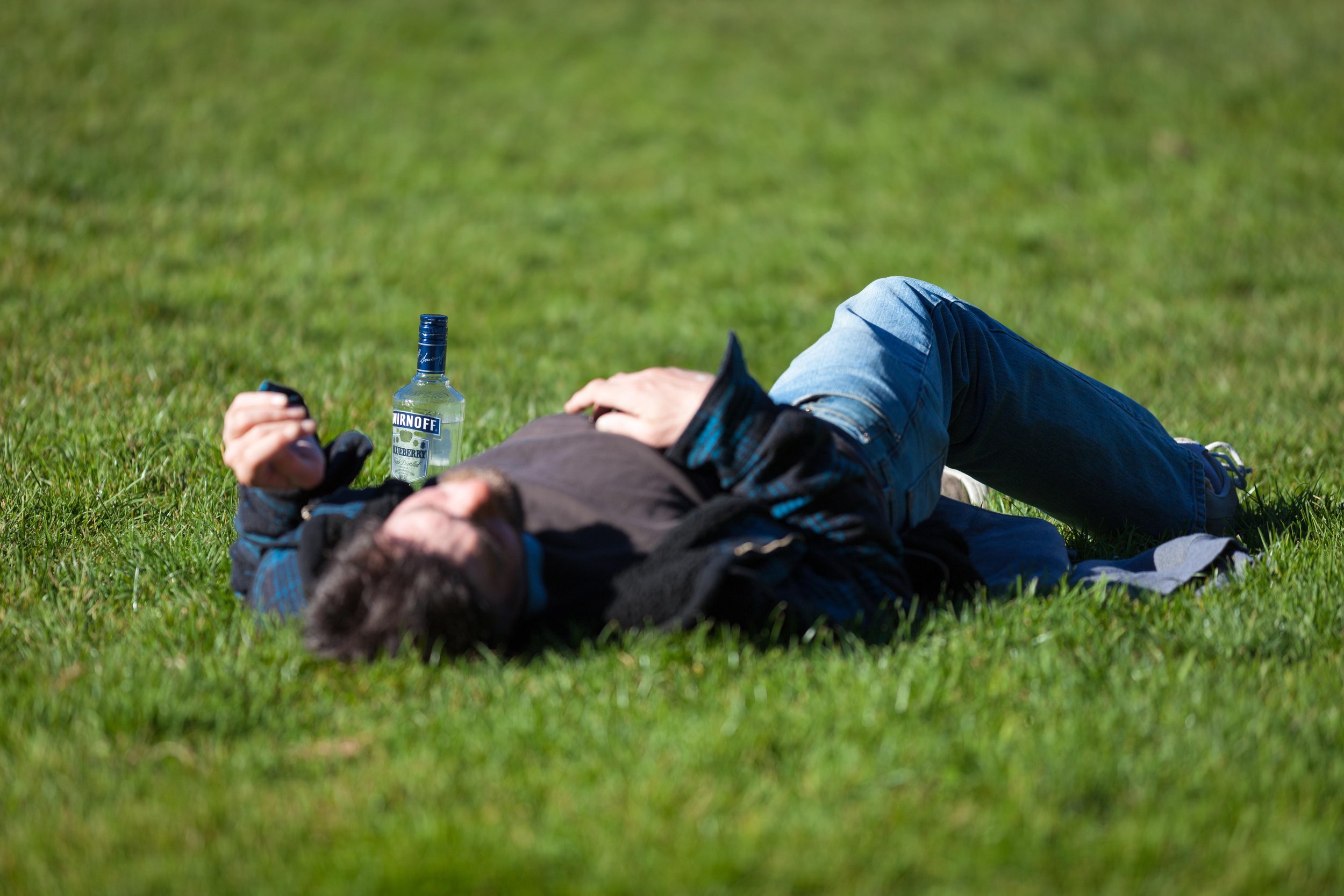Assessing Your Relationship with Alcohol
#TLDR
As has been seen in with other large-scale crises, alcohol consumption increased post-COVID19.
Drinking is a problem if it’s causing problems.
Subtle signs of alcohol issues go beyond extreme media stereotypes.
It’s possible for alcohol to be causing problems without being an alcoholic.
Talking to a mental health counselor who specialized in alcohol use disorders can help you decide if alcohol is or is not a problem for you.
An increase in alcohol use is commonly seen after a big crisis (i.e. bombing of the World Trade Center in 1993, Hurricane Katrina, and the 9/11 attacks). The COVID19 pandemic is no exception.
According to the National Institutes of Health (NIH), alcohol sales increased by 3% the first year of the pandemic which is the largest increase seen in the last 50 years.
Also according the the NIH, multiple small studies suggest that during the pandemic, approximately 25% of people drank more than usual as a way to cope with intense stress in the months following the COVID19 outbreak.
Based upon previous big crisis events, it is expected that this elevated alcohol use will last 5-6 years and then slowly reduce to previous levels.
Wondering about your post-COVID alcohol use?
Now that we’re a few years out from COVID19, you may be reviewing your use of alcohol (or other substances). Reflecting back and realizing that you fall into that category of people who’s use increased.
In 1992, the term Alcohol Use Disorder (formerly “alcoholism”) was adopted as a recognition that alcohol use exists on a spectrum from mild to moderate to severe life interferences.
This means that it’s not as “cut and dry” and either having or not having a problem with alcohol. It is more of a self exploration process to see how and if alcohol is fitting into your life.
What is considered problem drinking?
Alcohol is a problem when it is causing problems. When you think about problems caused by alcohol, what jumps to mind may be:
Blacking out or not remembering parts of the night.
Drinking in the morning.
Hiding bottles in the back of the toilet.
Throwing up.
Drinking and driving.
Movies and the media often portray alcoholics as overly self-destructive and dramatic.
While these are indeed symptoms associated with problem drinking, there are also more subtle signs:
Acknowledging that alcohol consumption isn’t in line with health values and yet still drinking.
Ending up drinking even though there was an intent to not drink.
Not getting up for {insert activity} due to being up late drinking that second bottle of wine.
Trouble sleeping.
Regret about the amount of money spent on alcohol.
Decreased motivation to get things done.
Alcohol use is causing friction in relationships.
Opting out of dinner and choosing a drink instead.
Using alcohol as a way to ‘check out’.
Increased anxiety and/or depression.
Deciding just to have one drink, but ending up drinking two, three, or six.
Taking on a different personality while drinking.
Decreased engagement in activities that were enjoyable.
Not being as sharp at work or missing deadlines.
Friends or family making comments.
Buying alcohol, drinking and recovering is taking up a fair amount of time.
Back and forth thoughts about whether or not drinking is a problem.
Increased tolerance (needing to drink more in order to get the same effects).
Finding reasons to drink (aka everything is a reason to drink).
Becoming defensive when someone questions drinking.
Daydreaming about getting home in order to have a drink and just forget the day.
How is (or isn’t) alcohol fitting into your life?
Do any of the items from the list above resonate with you? Do they spark other thoughts you have about your use of alcohol?
Maybe the way you drink is working well for you.
Maybe you see some places alcohol doesn’t fit, but you’re not sure you want to change your pattern of drinking.
Maybe you’ve have been thinking that you’d like to cut down on alcohol a bit.
Maybe you know that alcohol is no longer fitting into your lifestyle and it’s time to make some changes.
Is it time to get some help?
A mental health counselor who is experienced in the world of addiction can help you explore:
If your current pattern of drinking is getting in the way of living a happy+healthy life.
How to make changes in your pattern of drinking if you want to.
How to support someone else who is working to change their pattern of drinking.
It’s ok if now isn’t the right time.
It’s your life and your timeline. I always encourage people to keep checking in with themselves by asking, “Are my behaviors in line with my values when it comes to alcohol use?”
If you’re curious to see how counseling in Spokane might help, don’t hesitate to reach out!
~ Rachel




